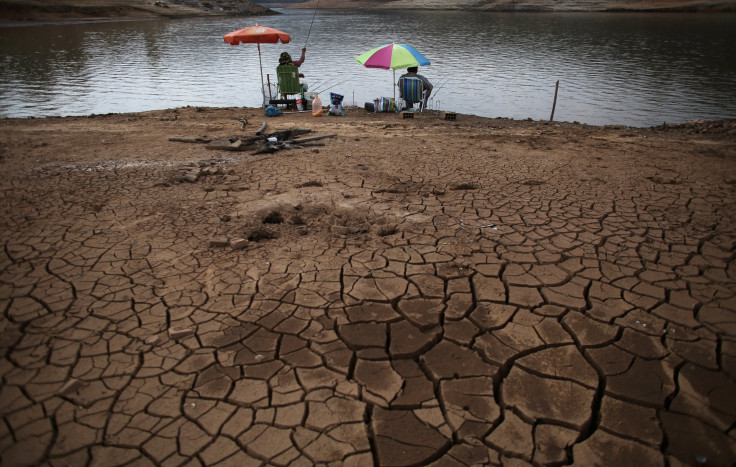Rich Countries Pledge $9.3B To Help Poorer Nations Fight Climate Change But Miss $10B Target

Wealthy nations meeting Thursday in Berlin pledged $9.3 billion to help developing countries combat climate change. The commitments fell just shy of a $10 billion target meant to jump-start a new international “green” fund.
The money for the Green Climate Fund is considered critical for advancing United Nations-led negotiations to curb global greenhouse gas emissions. Many poorer nations say they need greater financial and technical support to meet international emissions targets and to protect themselves from the impact of climate change, including increased drought, more extreme storms and rising sea levels.
The meeting Thursday comes nearly a week after President Barack Obama promised to give $3 billion to the fund over four years. “We’re doing this because it is in our national interest to build resilience in developing countries to climate change,” an anonymous senior administration official told the New York Times.
On Saturday, Japan pledged the second-largest amount, $1.5 billion. The British government followed suit on Thursday, offering $1.1 billion, all of which will come from the U.K.’s existing budget for climate aid.
At the meeting Germany’s environment minister said she was still satisfied with Thursday’s result, despite the $700 million shortfall. “I’m confident that we will reach the $10 billion goal,” Barbara Hendricks said, according to the Associated Press, “$9.3 billion is already pretty close.”
Australia was noticeably absent in Berlin. A government spokesman said earlier this week that the country, a major coal consumer and producer, is not planning to contribute to the fund for the time being, though it will continue to provide financial assistance through its existing development programs.
Germany and France had previously committed $1 billion each, and about a dozen other countries have each made smaller commitments. Italy and Canada have yet to announce pledges.
The Green Climate Fund was formed in 2009 and launched in 2010, though it has not yet disbursed any money. About half of the total funding will support adaptation and resiliency measures in poorer countries, including storm surge barriers, drought monitoring and management systems and emergency food and water programs. The other chunk of money will help developing nations to reduce emissions by replacing fossil fuels in power plants and cars with cleaner, more efficient sources.
Through that program and others, the U.N. aims to raise $100 billion per year in public and private aid from 2020 onward.
© Copyright IBTimes 2024. All rights reserved.











